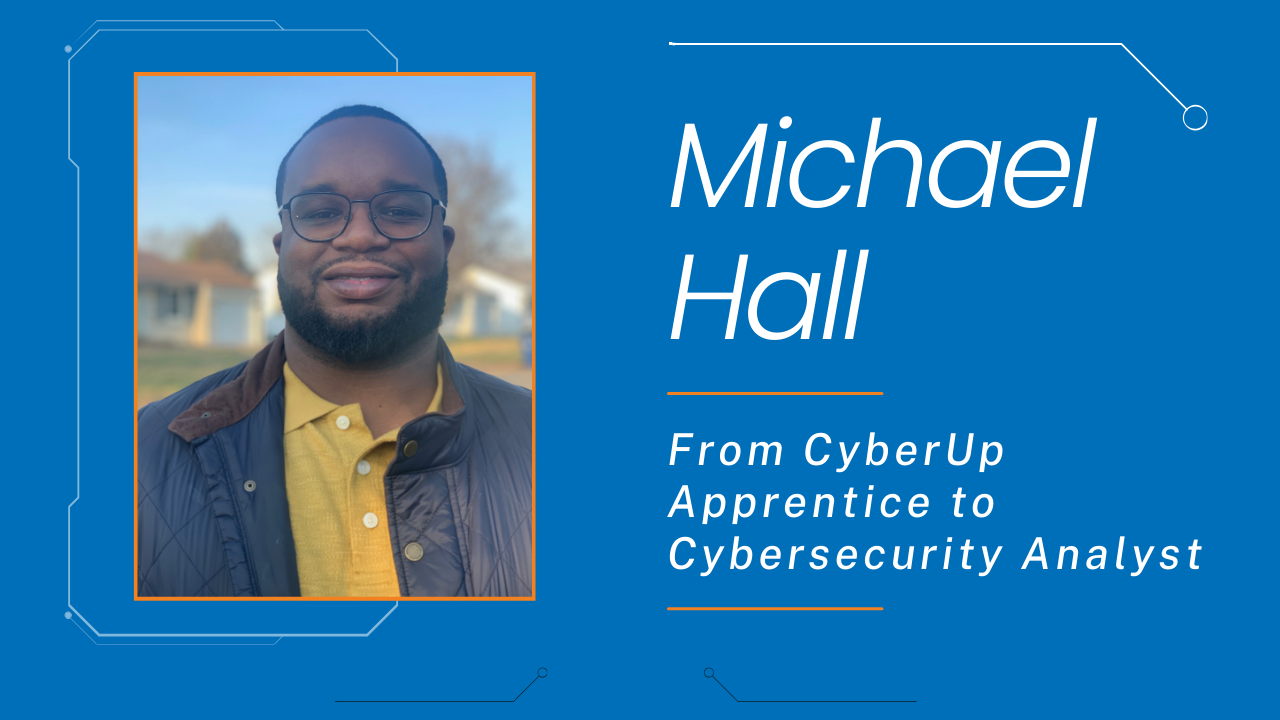What is Skills-Based Hiring? The Building Blocks to Success
Over the past several years, there has been considerable discussion around the cybersecurity talent pipeline and hiring practices. We are now at a pivotal moment where five generations of workers are concurrently in the workforce, college enrollment is declining, and non-traditional skill paths are gaining momentum. The time is ripe for companies to reimagine how they recruit and hire talent. At CyberUp, we recognize that skills-based hiring is the model needed for the future.
In the coming weeks, we will define and illustrate the skills-based hiring model to establish a baseline set of expectations. Our goal is to inspire hiring managers and talent teams to embrace this practice because staying ahead of threats requires an agile, knowledgeable, and innovative workforce. Traditional hiring practices prioritize degrees/certifications and must evolve to recognize candidates with practical experience and the skills necessary to excel. Enter skills-based hiring—a transformative approach that prioritizes a candidate's abilities over formal credentials. Let’s explore what skills-based hiring means and why it's a game changer for cybersecurity.
Defining Skills-Based Hiring
Skills-based hiring is an approach that focuses on evaluating a candidate's specific abilities, practical experience, and demonstrated performance rather than their educational background or formal qualifications. This method assesses what a candidate can do and how well they can do it, making it a more inclusive and effective way to identify top talent.
We have been talking about the model for quite some time. Check out CyberUp’s early take on the concept.
The Building Blocks of Skills-Based Hiring
- Practical Assessments
Practical assessments are at the heart of skills-based hiring. These evaluations mimic real-world tasks and scenarios candidates will encounter in their roles. For cybersecurity positions, this could include challenges like identifying vulnerabilities in a system, performing penetration tests, or developing secure code. These tasks provide employers with a clear and concrete understanding of a candidate's technical prowess and problem-solving abilities, offering insights that go beyond a resume.
- Portfolio Review
A portfolio showcases a candidate’s hands-on work and projects, offering tangible evidence of their skills. In cybersecurity, this might include contributions to open-source projects, code samples, security research publications, or documented bug reports. Reviewing a portfolio allows employers to see the depth and breadth of a candidate’s experience, their ability to complete projects, and their commitment to the field. This element also highlights continuous learning and innovation, which are crucial traits for cybersecurity professionals.
- Relevant Experience
Skills-based hiring places a strong emphasis on relevant experience, including internships, freelance work, volunteer projects, and self-initiated endeavors. This experience is often more indicative of a candidate’s ability to perform in a real-world setting than traditional qualifications. For instance, a candidate who has actively participated in cybersecurity competitions or hackathons demonstrates both their passion and practical skills. By valuing these experiences, employers can identify candidates who have proven their abilities outside conventional pathways.
- Continuous Learning and Development
The cybersecurity landscape is constantly changing, with new threats and technologies emerging regularly. Skills-based hiring recognizes the importance of continuous learning and professional development. Candidates who stay updated with the latest trends, tools, and techniques—whether through online courses, certifications, workshops, or self-study—are highly valued. This element underscores a candidate's proactive approach to their career and their ability to adapt to new challenges, which is essential in the fast-paced world of cybersecurity.
- Soft Skills Evaluation
While technical skills are critical, soft skills such as communication, teamwork, and critical thinking are equally important in cybersecurity roles. Skills-based hiring includes the evaluation of these attributes through behavioral interviews, situational judgment tests, and collaborative tasks. For example, a candidate might be asked to explain complex security concepts to a non-technical audience or work with a team to devise a security strategy. These assessments help determine if the candidate can effectively contribute to and thrive within a team environment.
- Role-Specific Simulations
Role-specific simulations provide a realistic preview of the day-to-day responsibilities candidates will face. These simulations involve responding to a simulated security breach, analyzing security logs for potential threats, or developing a risk management plan. By engaging candidates in these scenarios, employers can assess not only their technical skills but also their decision-making process, stress management, and ability to prioritize tasks under pressure.
Conclusion
Skills-based hiring redefines how cybersecurity professionals are recruited, emphasizing what candidates can do rather than where they’ve been. This approach ensures that the best-suited candidates are identified by incorporating practical assessments, portfolio reviews, relevant experience, continuous learning, soft skills evaluation, and role-specific simulations. As the cybersecurity landscape evolves, skills-based hiring will play a crucial role in building a robust, capable, and forward-thinking workforce. Embrace the change and watch your team—and your organization—thrive.
Reach out today and see how CyberUp's team of apprenticeship experts can help you!






-1.png)
.png)
.png)

